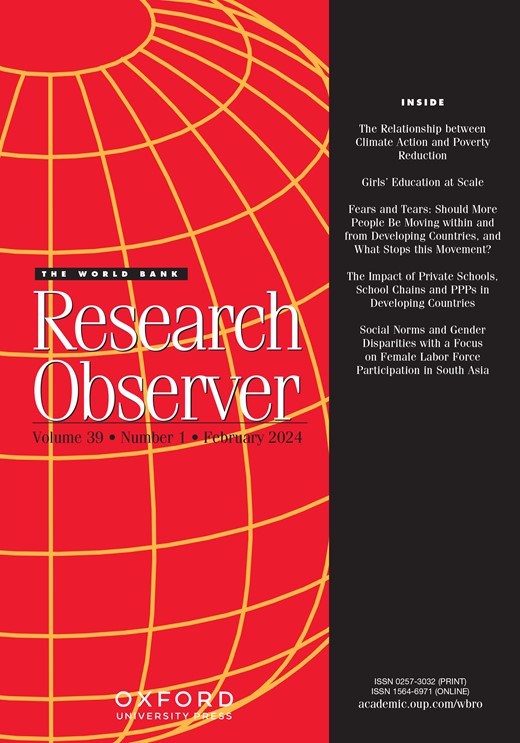核能与可持续能源政策:承诺与危险
IF 3.3
1区 经济学
Q1 DEVELOPMENT STUDIES
引用次数: 18
摘要
核电在满足整个工业化和发展中国家预计的能源需求,特别是电力需求的绝对大幅增长方面的挑战和机遇,同时有助于减轻气候变化的威胁。大规模的全球核电部署将带来与扩散、安全和废物处理相关的严重风险。与可再生能源不同,核能是一项不可原谅的技术,因为人类的失误和错误可能会对生态和社会造成灾难性的、不可逆转的影响。然而,一些分析人士认为,核反应堆设计的进步可能已经降低了相关风险,并提高了性能。此外,尽管各种可再生能源(水力、风能、现代生物质能、太阳能)将在向低碳经济转型的过程中发挥重要作用,但一些分析人士认为,核能是唯一一种经过验证的发电技术,它在很大程度上是无碳的,不像风能、水力和太阳能那样是特定于某个地区的,而且可以大幅扩大规模。因此,考虑到对气候变化威胁的预测,如果近年来世界能源市场所经历的巨大压力预示着未来的事情,那么就有理由研究核能作为低碳战略供应选择的利弊。应该指出的是,尽管气候变化和供应安全在能源政策辩论中处于中心地位,但核能仍然受到极大的怀疑,实际上继续引起相当大的反对。事实上,在可持续能源政策的背景下,对核能的看法是高度分歧的。有必要对这个问题的各个方面进行彻底的评估。本文章由计算机程序翻译,如有差异,请以英文原文为准。
Nuclear Power and Sustainable Energy Policy: Promises and Perils
The challenges and opportunities of nuclear power in meeting the projected large absolute increase in energy demand, especially electricity, throughout the industrialized and developing world, while helping to mitigate the threat of climate change. A significant global nuclear power deployment would engender serious risks related to proliferation, safety, and waste disposal. Unlike renewable sources of energy, nuclear power is an unforgiving technology because human lapses and errors can have ecological and social impacts that are catastrophic and irreversible. However, according to some analysts, advances in the design of nuclear reactors may have reduced their associated risks and improved their performance. Moreover, while a variety of renewable energy sources (hydro, wind, modern biomass, solar) will play important roles in the transition to a low-carbon economy, some analysts perceive that nuclear power is the only proven technology for generating electricity that is both largely carbon-free, not location specific (as with wind, hydro and solar), and amenable to significant scaling up. Thus given the projections of threats from climate change, and if the considerable strain experienced by world energy markets in recent years is a harbinger of things to come, then there is a rationale for examining the pros and cons of nuclear power as a supply option within low-carbon strategies. It should be noted that despite the emerging centrality of climate change and security of supply in the energy policy debate, nuclear power is still viewed with a great deal of skepticism and in fact continues to elicit considerable opposition. Indeed the views on nuclear power in the context of sustainable energy policy are highly divergent. A thorough evaluation of all aspects of the issue is warranted.
求助全文
通过发布文献求助,成功后即可免费获取论文全文。
去求助
来源期刊

World Bank Research Observer
Multiple-
CiteScore
12.60
自引率
1.20%
发文量
8
期刊介绍:
The World Bank Journals, including the Research Observer, boast the largest circulation among economics titles. The Research Observer is distributed freely to over 9,100 subscribers in non-OECD countries. Geared towards informing nonspecialist readers about research within and outside the Bank, it covers areas of economics relevant for development policy. Intended for policymakers, project officers, journalists, and educators, its surveys and overviews require only minimal background in economic analysis. Articles are not sent to referees but are assessed and approved by the Editorial Board, including distinguished economists from outside the Bank. The Observer has around 1,500 subscribers in OECD countries and nearly 10,000 subscribers in developing countries.
 求助内容:
求助内容: 应助结果提醒方式:
应助结果提醒方式:


